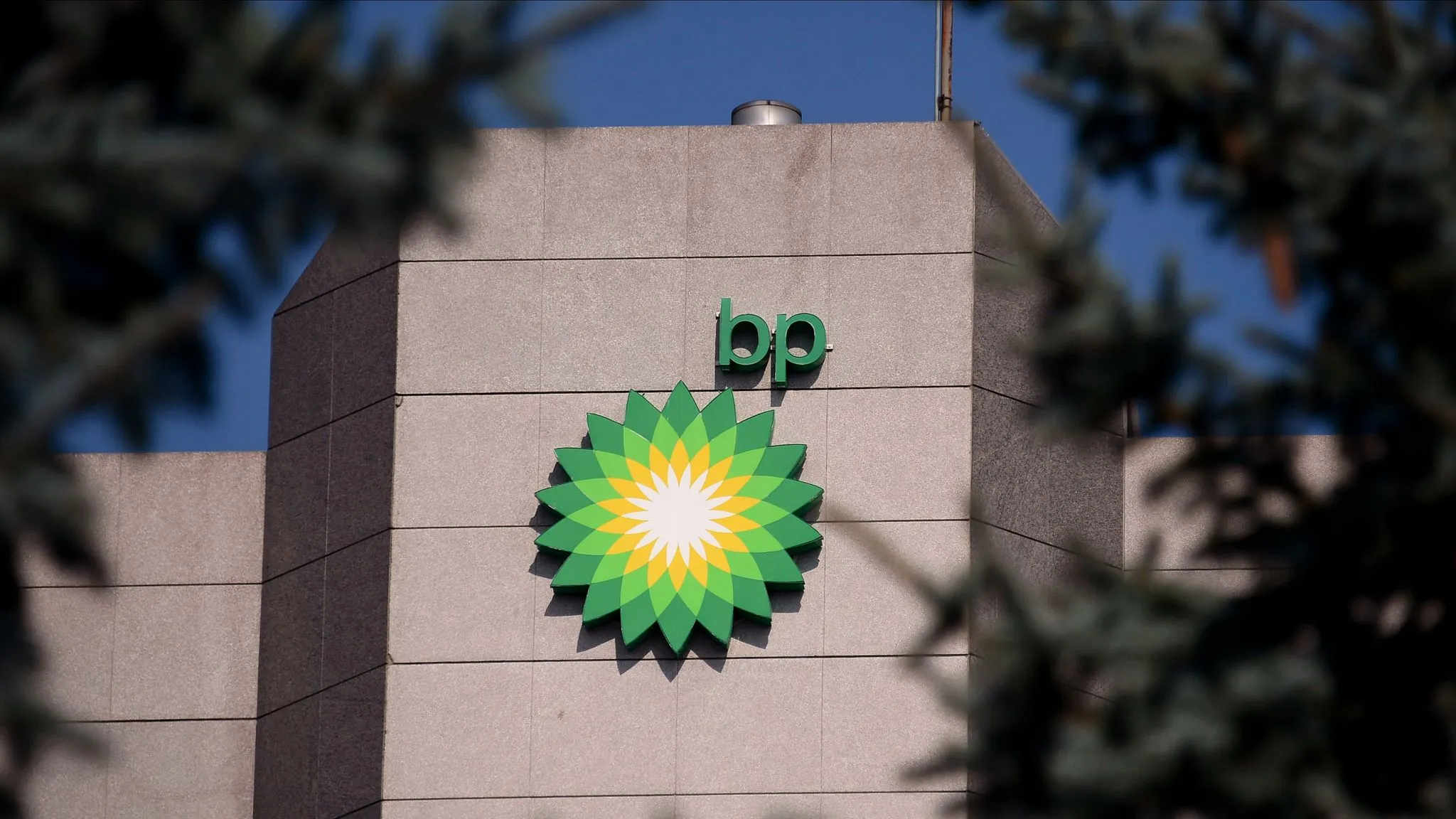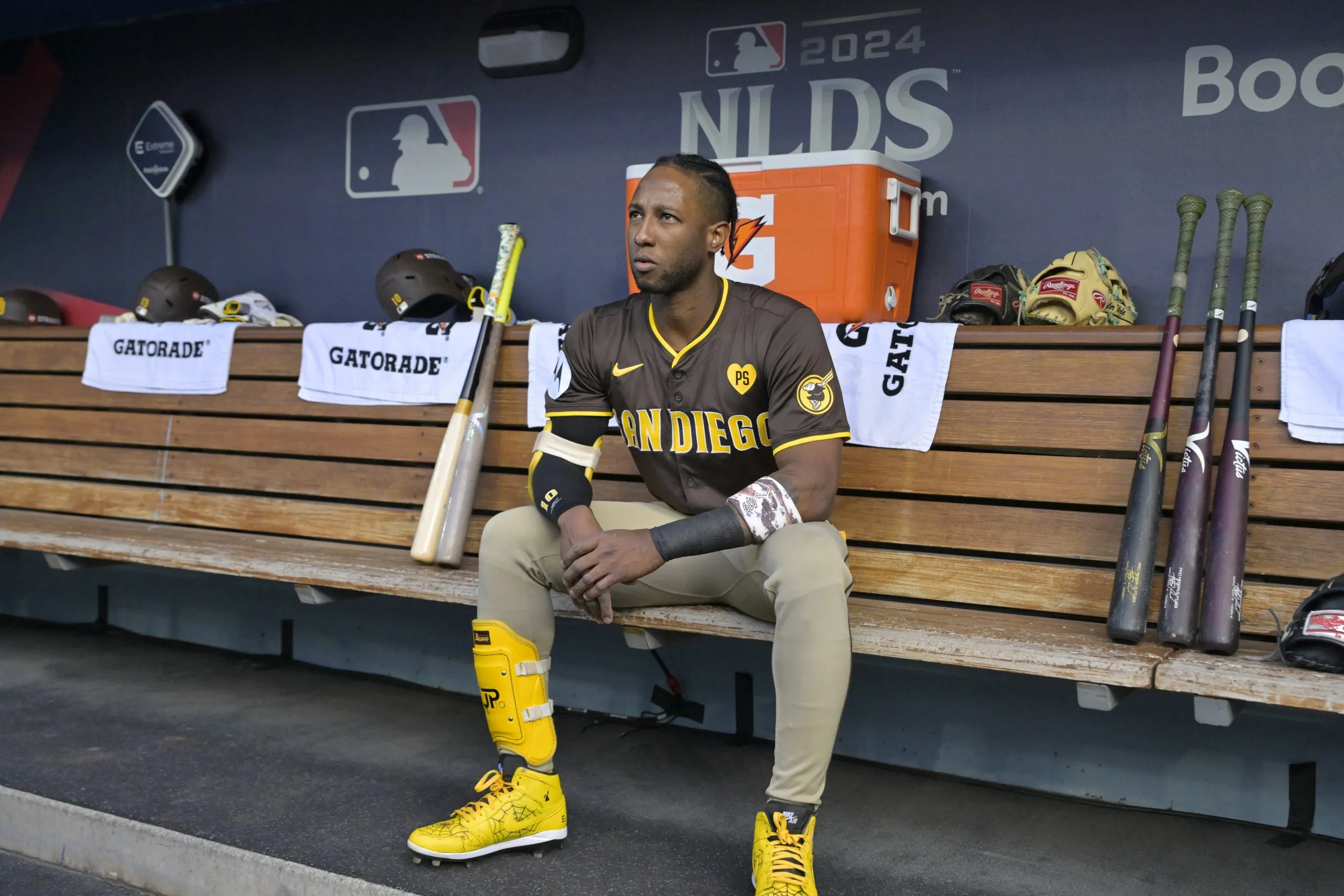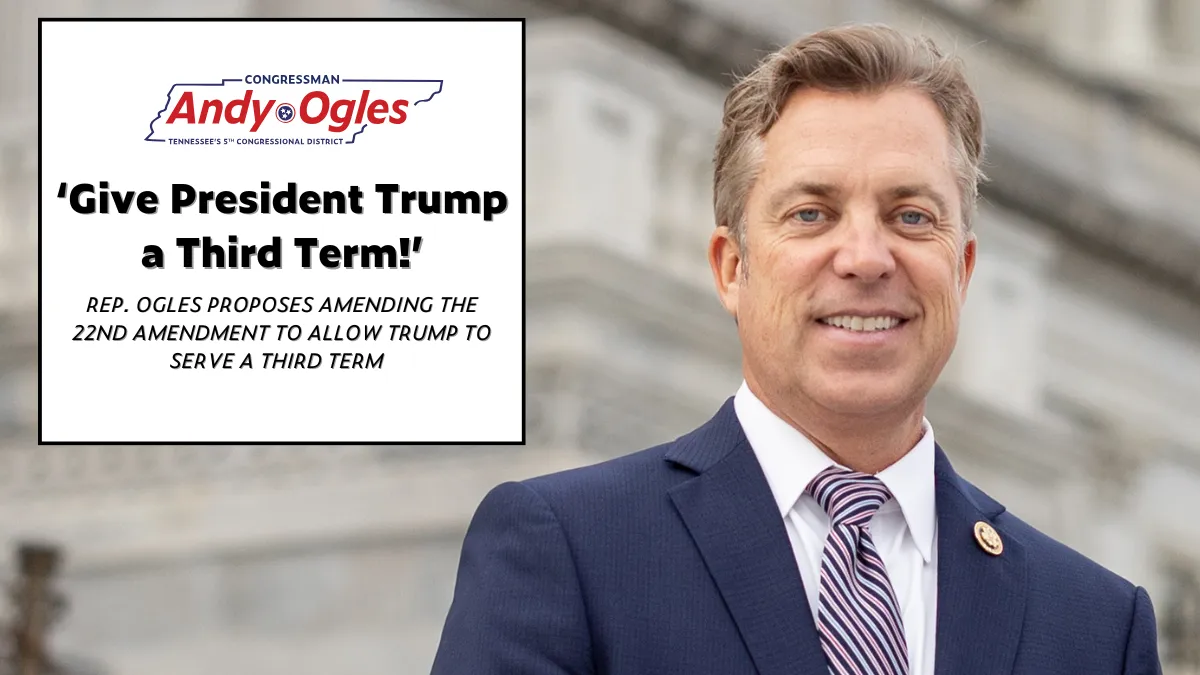Climate Change Crisis: What You Need to Know Now!
In an era of unprecedented environmental challenges, the global climate crisis has emerged as one of the most critical issues facing humanity today. Scientists, policymakers, and environmental experts are sounding the alarm about the rapid and potentially irreversible changes threatening our planet.
The evidence is overwhelming: Climate change is no longer a distant threat but a present reality. Across the United States and around the world, communities are experiencing the direct impacts of a warming planet. From scorching heatwaves to devastating hurricanes, the consequences of climate change are becoming increasingly apparent and severe.
The Harsh Economic Reality
The economic toll of climate change is staggering. Experts estimate that extreme climate events are costing the United States approximately $150 billion annually. These costs manifest in various ways:
- Infrastructure damage
- Agricultural losses
- Healthcare expenses
- Disaster recovery efforts
“Climate change is not just an environmental issue; it’s an economic imperative,” says Dr. Elena Rodriguez, a leading climate scientist at the National Climate Research Center.
The Science Behind the Crisis
Human activities, particularly greenhouse gas emissions, are the primary drivers of climate change. Over a century of scientific research has conclusively demonstrated the link between human industrial activities and global warming. The atmospheric concentration of greenhouse gases continues to rise, creating a dangerous feedback loop of environmental destruction.
Key Contributing Factors:
- Industrial emissions
- Deforestation
- Transportation sector pollution
- Agricultural practices
Emerging Solutions and Hope
Despite the challenges, there is reason for optimism. Innovative solutions for a carbon-zero future are rapidly developing. Renewable energy technologies are becoming more efficient and cost-effective, offering promising alternatives to fossil fuel dependence.
Adaptation strategies are being implemented worldwide:
– Community resilience programs
– Sustainable urban planning
– Green infrastructure investments
– Ecosystem restoration projects
The Global Response
International cooperation has become crucial in addressing the climate crisis. The Paris Agreement represents a significant milestone in global efforts to combat climate change. Nations are increasingly recognizing the need for collaborative action to reduce emissions and mitigate environmental impacts.
Youth Driving Change
A remarkable development in the climate movement is the rise of youth activism. Movements like Fridays for Future have brought unprecedented attention to the urgent need for climate action. Young people are demanding accountability and pushing for systemic changes.
Health and Social Implications
Climate change isn’t just an environmental issue—it’s a profound human rights challenge. Vulnerable populations, particularly in developing countries, are disproportionately affected by changing environmental conditions. Health impacts include:
- Increased respiratory issues
- Heat-related illnesses
- Food and water insecurity
- Displacement of communities
What Can Individuals Do?
While the challenge seems daunting, individual actions can make a significant difference:
- Reduce personal carbon footprint
- Support sustainable businesses
- Advocate for climate-friendly policies
- Stay informed and educate others
Looking Ahead
The next decade is critical. Scientists emphasize that immediate and drastic reductions in carbon emissions are necessary to limit global warming to 1.5 degrees Celsius. The window for meaningful action is narrowing, but hope remains.
We stand at a pivotal moment in human history. The choices we make today will determine the future of our planet and the generations to come.
Conclusion
The climate crisis is complex, urgent, and requires collective action. By understanding the challenges, supporting innovative solutions, and making conscious choices, we can work together to create a more sustainable and resilient future.
Stay informed, stay engaged, and be part of the solution.
Sources: United Nations Climate Report, NOAA Climate Studies, World Wildlife Fund






Leave a Comment